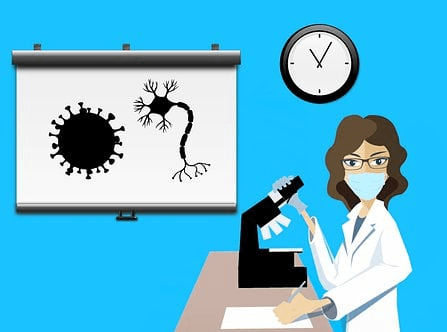How to choose a safe, reliable ketamine infusion practice?
How to choose a safe, reliable ketamine infusion practice?

Ketamine was unveiled as one of the 10 medical innovations by Cleveland Clinic in 2017 due to
its beneficial effects in mental health illnesses. S-ketamine nasal spray was approved by FDA
for use in treatment resistant severe depression in 2019. More and more clinical evidence has
been emerging in last couple of years to support ketamine use in alcohol and substance use
disorder. All of this has led to exponential increase in outpatient ketamine clinics and
outpatient ketamine infusions.
As a patient or family member, sometimes it becomes overwhelming and even scary to decide
whether ketamine is right for you and if yes, which practice you should go to get it. No worries,
we have assembled a list of important questions you should ask prior to committing to a
specific ketamine practice.
Who is administering the ketamine?
In New state, any board-certified MD/DO can provide ketamine infusion if he/she can
demonstrate competence in the ketamine administration. In general, emergency medical
physicians, critical care providers, anesthesiologists and hospitalists with ICU patient
management experience have enough exposure to the ketamine administration during their
training. Hospitalists (internal medicine) have added advantage of better knowledge of mental
health illnesses as compared to other specialists
Who is supervising the ketamine administration?
Ketamine is a category 3 controlled substance. Its administration must be supervised closely by
ACLS certified medical professional preferably MD/DO in stead of nursing staff.
What should be monitored?
As ketamine is known to increase blood pressure and heart rate, patient should be monitored
for blood pressure, heart rate, heart rhythm, oxygenation continuously (preferably every 10
minutes) during each ketamine infusion session.
How is ketamine administered?
Ketamine can be administered through oral, sublingual, nasal spray, lozenges, intramuscular
and intravenously. Intravenous route is the easily titratable and most effective way of
administering any medication that provide 100% drug bioavailability in the blood and same is
true for ketamine. Other routes of administration might be less expensive but have higher risks
of side effects and less effective.
What intravenous ketamine administration protocol is being followed?
No large randomized clinical trial has been done so far to demonstrate that one protocol is
better than the other. Several small studies have shown that six (0.5 mg/kg) ketamine infusions
given over 2 weeks period provide the best possible outcome.
Does practice offer personalized treatment?
Although six ketamine infusions of 0.5mg/Kg given over 2 weeks provide the best possible
outcome, but sometimes one size does not fit all. Some patients do need higher titratable
ketamine dose. This is where an experienced ketamine specialist can make a significant
difference.
When to stop the ketamine treatment?
Ketamine can provide safe, rapid, and amazing results in patients with treatment resistant
depression, severe anxiety, PTSD, migraines and OCDs. But it is not effective in 100% of the
patients. If patient and/or family don’t notice any signs of improvement after 4or 5 intravenous
ketamine sessions, it is likely that ketamine might not work for you. Clinics which offer package
deals should therefore be avoided. You should not receive any medication unnecessarily just
because you have paid for it already. Ketamine is safe but not immune to side effects.
Ketamine is a wonderful, relative safe and rapid acting psychedelic category 3 controlled drug
that have shown tremendous potential in improving mental health illnesses such severe
depression, treatment resistant depression, bipolar disorder type 2 with depression,
postpartum depression, generalized anxiety, OCD, PTSD, chronic refractory pain, and alcohol
use disorder. However as with any other medication, ketamine is not everyone and must be
avoided in some circumstances.
If you have any further questions, please feel free to contact our ketamine specialist at
(516)280-3842 or email at contact@ketamine-wellness.com









